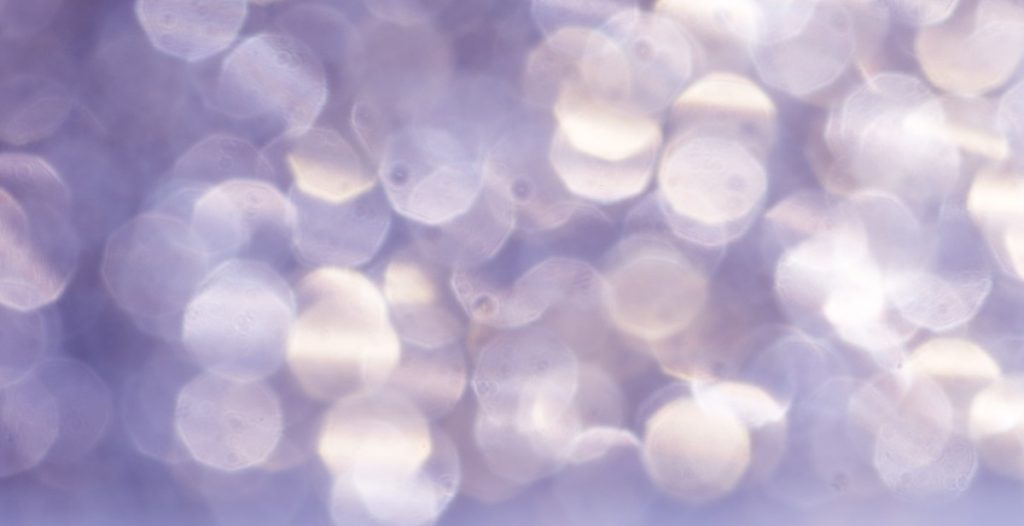Choosing the Right Metal for Your Gemstone Jewelry: A Comprehensive Guide
Gemstone jewelry is a timeless accessory that adds a touch of elegance and sophistication to any outfit. However, choosing the right metal for your gemstone jewelry is just as important as selecting the perfect gemstone. The metal not only complements the gemstone but also affects the durability and overall appearance of the jewelry piece.
Why Choosing the Right Metal for Your Gemstone Jewelry is Important?
The metal you choose for your gemstone jewelry can impact its durability and longevity. Some metals are softer than others and may scratch or tarnish more easily, while others are more durable and resistant to wear and tear. Additionally, the metal color can enhance or detract from the beauty of the gemstone, depending on the color and clarity of the stone.
Furthermore, the metal you choose can also impact the overall style and design of the jewelry piece. Different metals have different textures, finishes, and colors, which can create a unique look and feel. By selecting the right metal for your gemstone jewelry, you can ensure that it not only looks beautiful but also lasts for years to come.
In this comprehensive guide, we will explore the various metals commonly used in gemstone jewelry, their properties, and the best gemstones to pair them with. Whether you are looking for a classic and timeless piece or a modern and trendy design, this guide will help you choose the perfect metal for your gemstone jewelry.
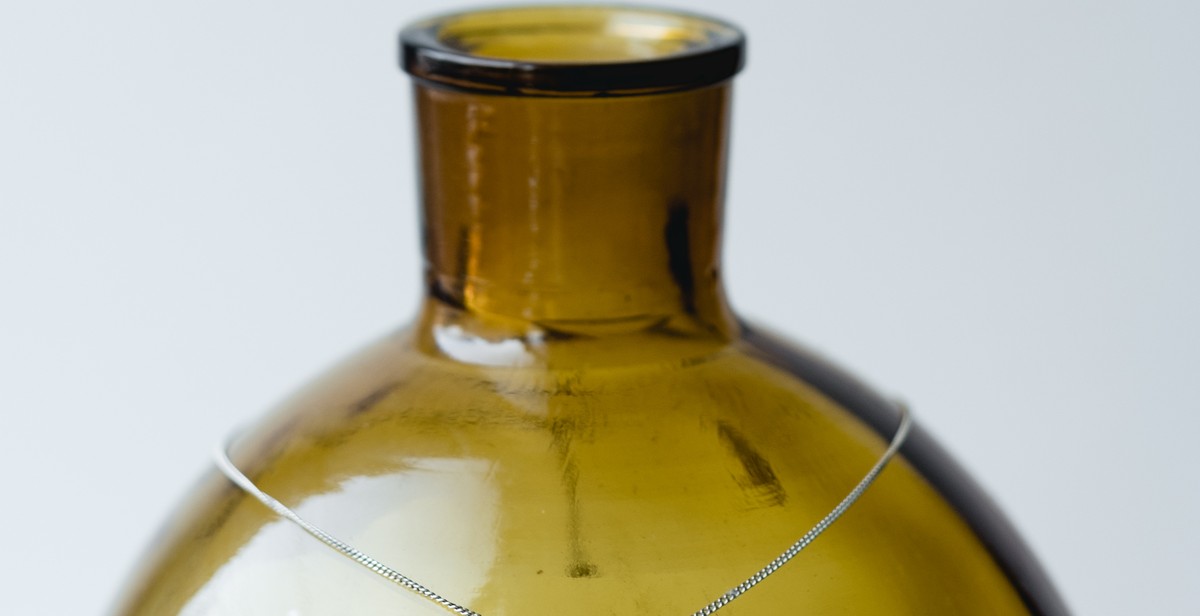
Types of Metal for Gemstone Jewelry
Choosing the right metal for your gemstone jewelry is essential to ensure that your jewelry piece remains durable and beautiful for years to come. Here are some of the most popular metals used in gemstone jewelry:
Gold
Gold is a classic choice for gemstone jewelry, known for its timeless elegance and durability. It is available in a variety of colors, including yellow, white, and rose gold. Gold is a soft and malleable metal, making it an excellent choice for intricate designs. However, it is also prone to scratches and dents, so it is essential to handle gold jewelry with care.
Silver
Silver is a popular choice for gemstone jewelry due to its affordability and versatility. It is a durable metal that can be easily molded into different shapes and designs. Silver is also available in various finishes, including high-polished, matte, and oxidized. However, silver is prone to tarnishing, so it is important to store it properly and clean it regularly.
Platinum
Platinum is a rare and luxurious metal that is known for its durability and purity. It is a dense metal that is resistant to scratches and corrosion, making it an excellent choice for everyday wear. Platinum is also hypoallergenic, making it a great option for people with sensitive skin. However, platinum is one of the most expensive metals used in gemstone jewelry.
Titanium
Titanium is a strong and lightweight metal that is becoming increasingly popular in gemstone jewelry. It is hypoallergenic and resistant to corrosion and scratches, making it an excellent choice for people with active lifestyles. Titanium is also available in a range of colors, including black, silver, and gold. However, titanium cannot be resized, so it is important to ensure that you get the correct size when purchasing titanium jewelry.
Stainless Steel
Stainless steel is a durable and affordable metal that is often used in gemstone jewelry. It is resistant to corrosion and scratches, making it an excellent choice for everyday wear. Stainless steel is also available in a range of finishes, including high-polished, matte, and brushed. However, stainless steel can be difficult to resize, so it is important to get the correct size when purchasing stainless steel jewelry.
| Metal | Pros | Cons |
|---|---|---|
| Gold | Timeless elegance, durability, available in different colors | Prone to scratches and dents |
| Silver | Affordable, versatile, available in different finishes | Prone to tarnishing |
| Platinum | Durable, pure, hypoallergenic | Expensive |
| Titanium | Strong, lightweight, hypoallergenic, resistant to corrosion and scratches | Cannot be resized |
| Stainless Steel | Durable, affordable, resistant to corrosion and scratches, available in different finishes | Difficult to resize |
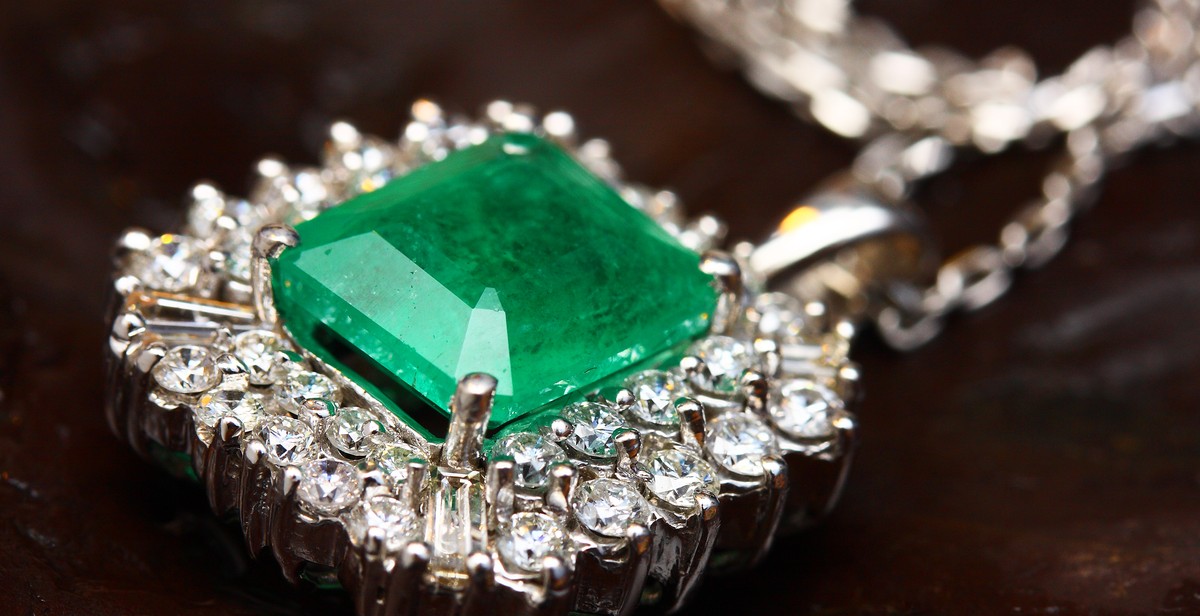
Factors to Consider When Choosing Metal for Gemstone Jewelry
When it comes to choosing the right metal for your gemstone jewelry, there are several factors you need to consider. These factors include durability, allergies, color and style, and price. Each of these factors plays a significant role in determining the best metal for your gemstone jewelry.
Durability
One of the primary factors to consider when choosing metal for gemstone jewelry is durability. You want a metal that can withstand daily wear and tear and last for years to come. Some of the most durable metals for gemstone jewelry include platinum, gold, and sterling silver.
Allergies
Another important factor to consider when choosing metal for gemstone jewelry is allergies. Some people are allergic to certain metals, such as nickel. If you have sensitive skin or allergies, it’s essential to choose a metal that is hypoallergenic, such as platinum or titanium.
Color and Style
The color and style of the metal you choose can also have a significant impact on the overall look of your gemstone jewelry. For example, yellow gold has a classic and timeless look, while white gold or platinum has a more modern and sleek appearance. Rose gold is a popular choice for those who want a unique and trendy look. Ultimately, the choice of color and style depends on your personal preference and the gemstone you are pairing it with.
Price
Finally, the price of the metal is also an important factor to consider. Gold and platinum are typically more expensive than other metals, such as sterling silver or stainless steel. However, the price can vary depending on the quality and purity of the metal. It’s essential to choose a metal that fits your budget while still meeting your desired level of quality and durability.
| Durability | Allergies | Color and Style | Price |
|---|---|---|---|
| Platinum, gold, and sterling silver | Hypoallergenic metals such as platinum or titanium | Yellow gold for classic look, white gold or platinum for modern look, rose gold for unique look | Gold and platinum are typically more expensive than other metals such as sterling silver or stainless steel |
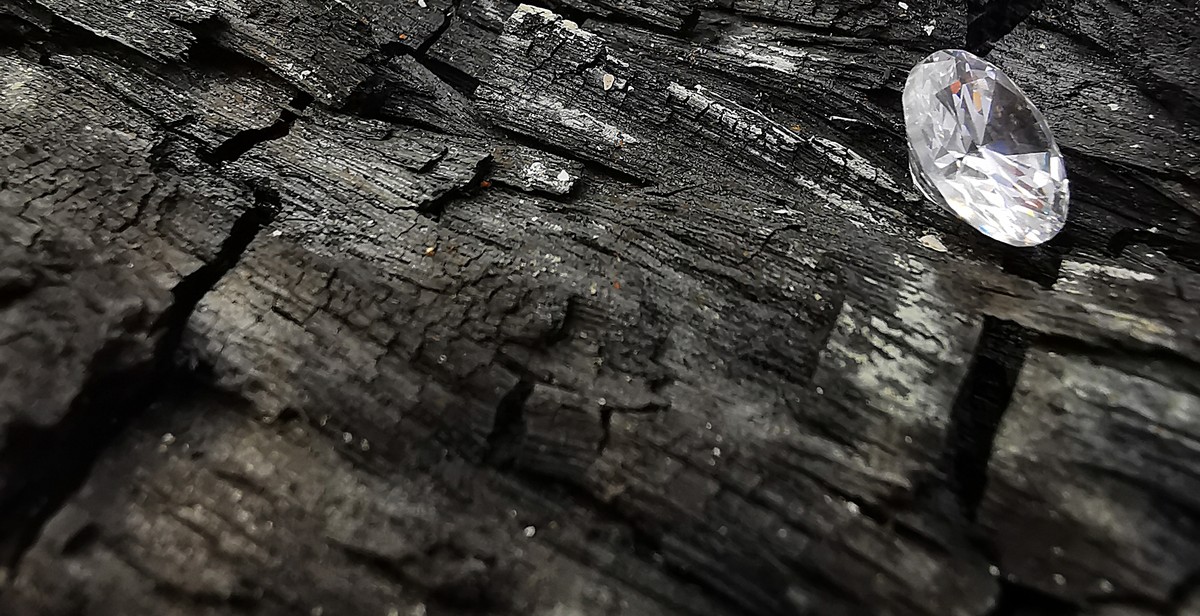
Matching Metals with Gemstones
When it comes to choosing the right metal for your gemstone jewelry, there are a few things to consider. Not only do you want to choose a metal that complements the stone’s color and style, but you also want to select a metal that is durable enough to withstand everyday wear and tear. Here are some tips for matching metals with gemstones:
Diamonds
Diamonds are one of the most popular gemstones used in jewelry, and they look stunning in a variety of metals. However, the most popular metals for diamond jewelry are platinum and white gold. These metals complement the diamond’s colorless appearance and enhance its brilliance.
If you prefer a warmer look, yellow gold is also a great option for diamond jewelry. The yellow hue of the gold can enhance the diamond’s natural warmth and make it appear even more radiant.
Colored Gemstones
Colored gemstones are available in a range of hues, from deep blues and greens to bright pinks and yellows. When it comes to matching metals with colored gemstones, there are a few things to consider:
- Complementary Colors: Consider the color wheel when selecting a metal for your gemstone jewelry. Metals that are opposite the color of the gemstone on the color wheel will complement the stone’s color and make it pop. For example, a blue sapphire looks stunning in a yellow gold setting, while a green emerald looks beautiful in a white gold or platinum setting.
- Metal Durability: Some colored gemstones, like emeralds and opals, are softer and more prone to damage than diamonds. When selecting a metal for your gemstone jewelry, consider the stone’s durability and choose a metal that will protect it from damage.
- Personal Style: Ultimately, the metal you choose for your gemstone jewelry should reflect your personal style. If you prefer a classic look, platinum or white gold may be the right choice. If you prefer a warmer look, yellow gold may be a better option.
Conclusion
Matching metals with gemstones requires careful consideration of the stone’s color, durability, and your personal style. By following these tips, you can select a metal that complements your gemstone and enhances its natural beauty.
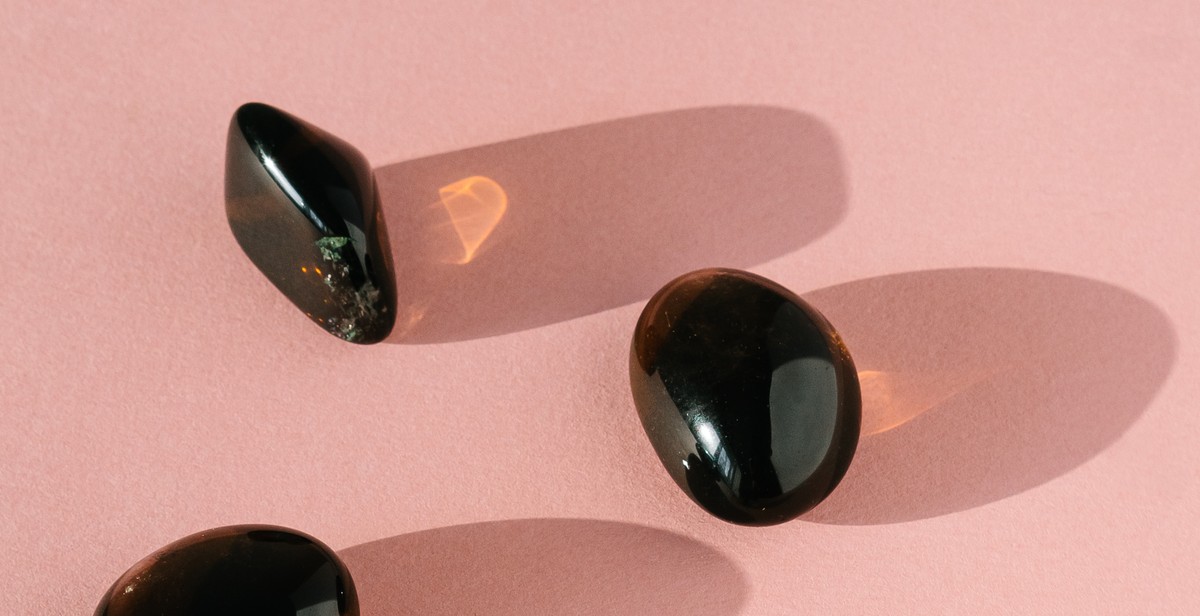
Caring for Your Gemstone Jewelry
Gemstone jewelry is a valuable investment that requires proper care to maintain its beauty and durability. Here are some tips to help you care for your gemstone jewelry:
Cleaning Tips
Regular cleaning is essential to keep your gemstone jewelry looking its best. However, it’s important to use the right cleaning method for your specific gemstone to avoid damaging it. Here are some cleaning tips:
- Use a soft-bristled brush to gently clean your gemstone jewelry.
- Use a mild detergent and warm water to clean your gemstone jewelry.
- Avoid using harsh chemicals or abrasive cleaners on your gemstone jewelry.
- Take your gemstone jewelry to a professional jeweler for cleaning if you’re unsure about the best cleaning method.
Storage Tips
Proper storage is crucial to prevent your gemstone jewelry from getting scratched, damaged, or lost. Here are some storage tips:
- Store your gemstone jewelry in a soft pouch or a lined jewelry box to prevent scratches.
- Avoid storing your gemstone jewelry together with other jewelry to prevent scratches and damage.
- Keep your gemstone jewelry away from direct sunlight, heat, and moisture to prevent damage.
- Take your gemstone jewelry to a professional jeweler for inspection and maintenance at least once a year.
| Cleaning Tips | Storage Tips |
|---|---|
| Use a soft-bristled brush to gently clean your gemstone jewelry. | Store your gemstone jewelry in a soft pouch or a lined jewelry box to prevent scratches. |
| Use a mild detergent and warm water to clean your gemstone jewelry. | Avoid storing your gemstone jewelry together with other jewelry to prevent scratches and damage. |
| Avoid using harsh chemicals or abrasive cleaners on your gemstone jewelry. | Keep your gemstone jewelry away from direct sunlight, heat, and moisture to prevent damage. |
| Take your gemstone jewelry to a professional jeweler for cleaning if you’re unsure about the best cleaning method. | Take your gemstone jewelry to a professional jeweler for inspection and maintenance at least once a year. |

